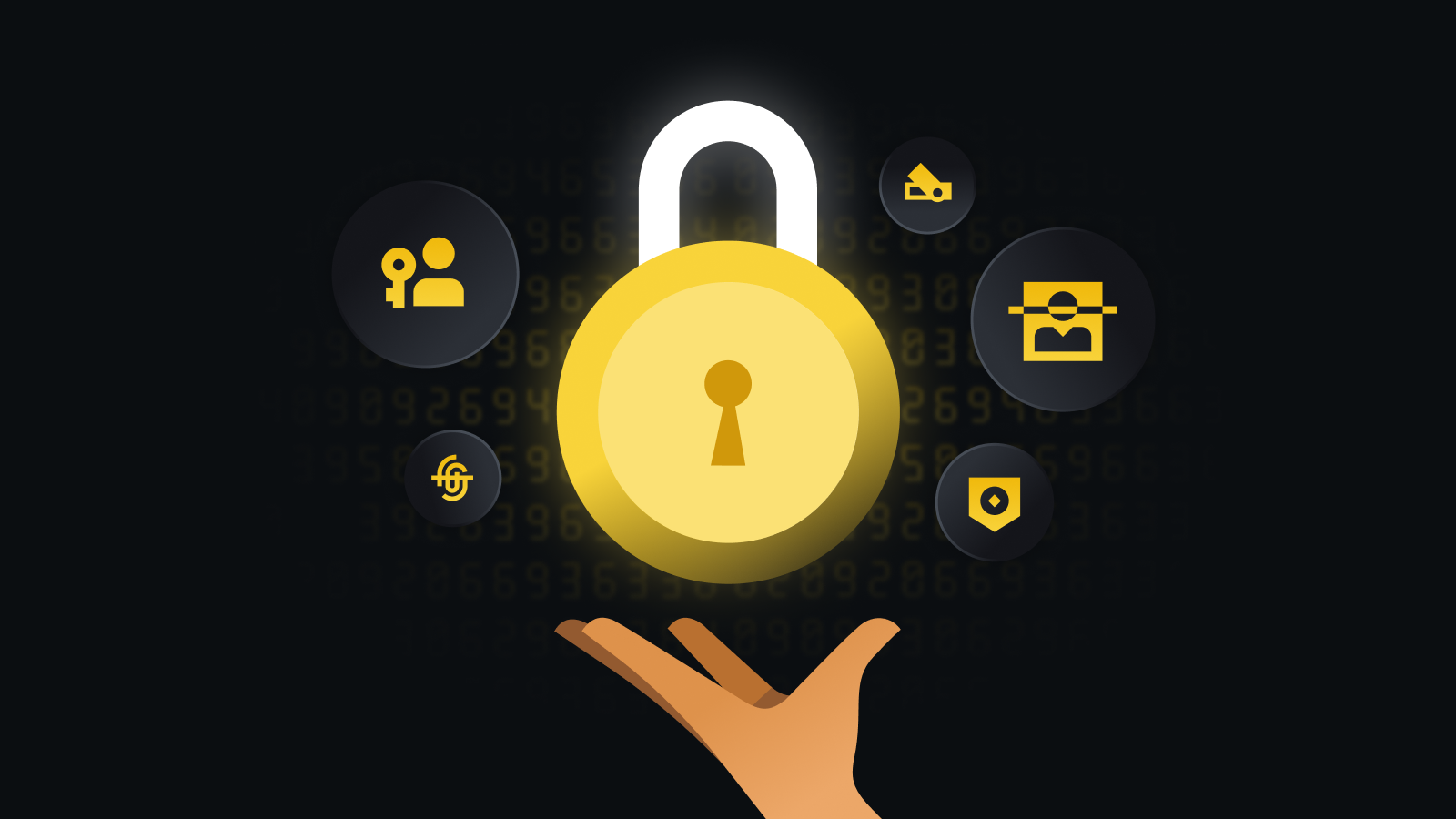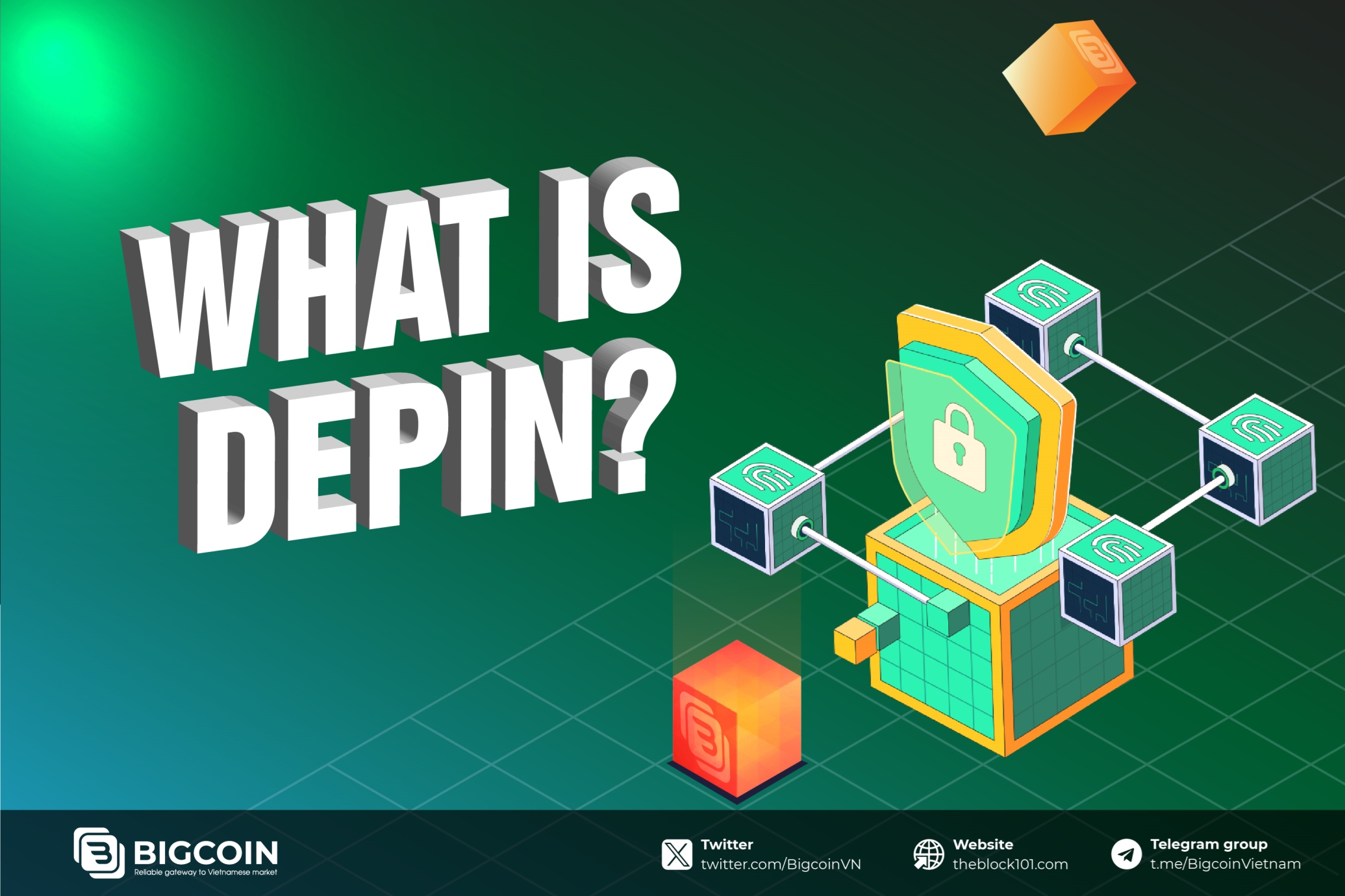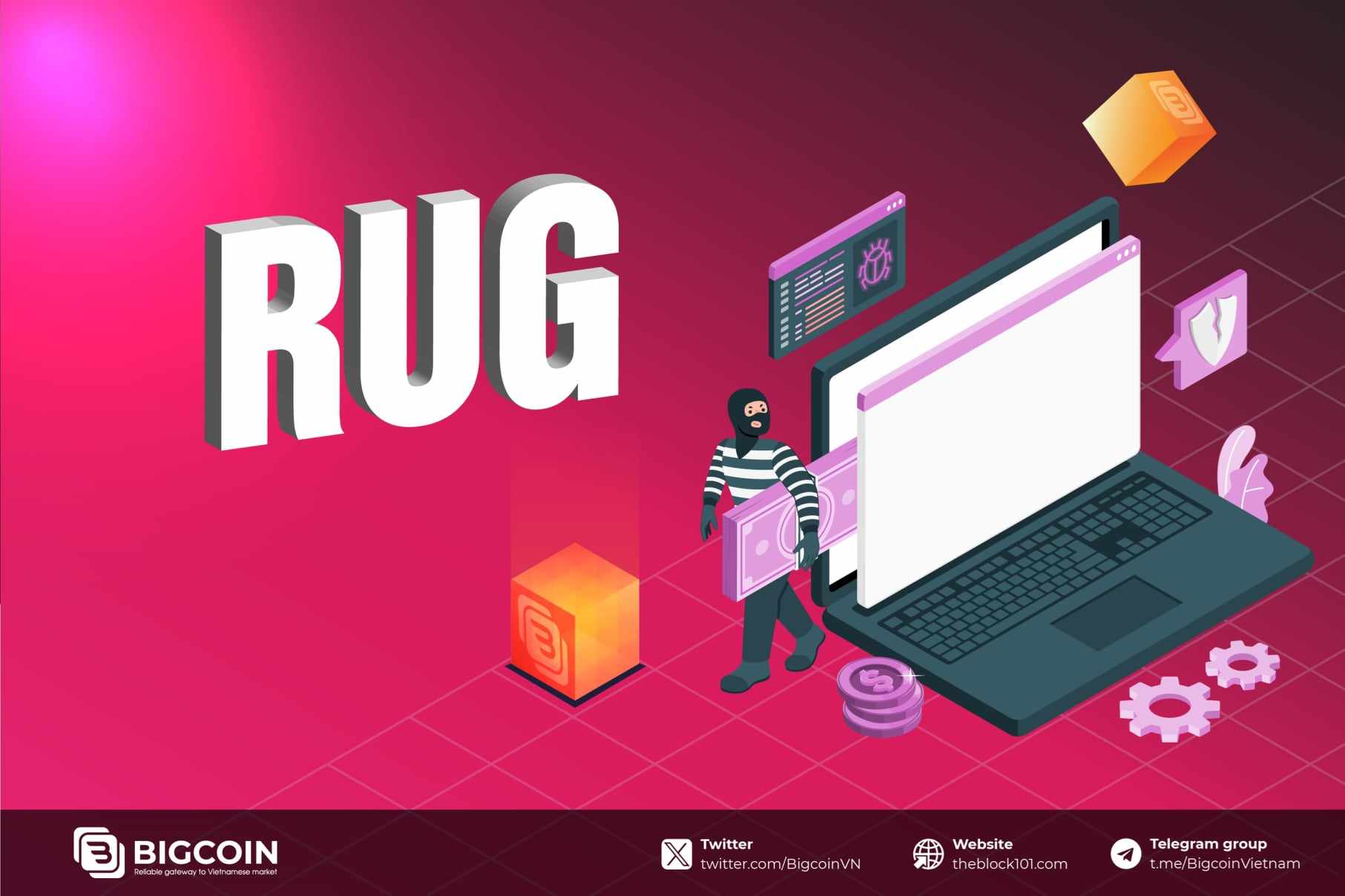1. What is Cryptocurrency?

Cryptocurrency, or "crypto" for short, is digital money. Unlike the physical cash in your wallet or the balance in your bank account, cryptocurrencies exist solely online and are secured by cryptography. What sets cryptocurrency apart is that it’s not controlled by any government or bank. Instead, it operates through a decentralized network of computers, putting control in the hands of users, not central authorities. This makes cryptocurrency an exciting alternative investment for those seeking to explore beyond traditional financial systems.
All cryptocurrencies rely on blockchain technology, which is essentially a digital ledger that records every transaction. Once a transaction is added to the blockchain, it cannot be altered, ensuring transparency and security. This trust and openness are what make cryptocurrencies so appealing to many.
Whether you plan to use crypto for purchases, money transfers, or investment, understanding the basics is the first step.
2.How to invest in Cryptocurrency for beginners

Ready to dive into cryptocurrency but unsure where to begin? Don’t worry—this section will walk you through the process step-by-step, so you can start your journey with confidence.
2.1. Choose a Cryptocurrency Exchange
To buy cryptocurrency, you'll need to use an exchange, which is like an online marketplace for trading digital currencies. Many popular exchanges are user-friendly and offer a range of cryptocurrencies to choose from.
2.2. Select the Right Cryptocurrency
Next, you’ll need to decide which cryptocurrency to invest in. For beginners, it’s best to start with well-known coins like Bitcoin or Ethereum, as they are widely accepted and tend to be more stable than smaller, newer coins. These options are typically safer for beginners looking to get their feet wet.
2.3. Set up a Secure Wallet
Once you’ve chosen an exchange and a cryptocurrency, you’ll need a wallet to store your coins safely. Cryptocurrency wallets come in two types: hot wallets (online) and cold wallets (offline). Cold wallets offer better security, while hot wallets are more convenient for frequent trading.
2.4. Make your first purchase
Now that your wallet is set up, you can make your first purchase! You can buy a whole coin or just a fraction of one, depending on how much you want to invest. Once your transaction is complete, your coins will be securely stored in your wallet.
2.5. Set a strategy
Successful investing isn’t just about buying coins—it’s about having a plan. Consider long-term holding (HODLing) or more active strategies like trading. Either way, staying informed and managing risk are key to making wise investment choices.
3. Risks of Investing in Cryptocurrency
.jpg)
While cryptocurrency offers great potential, it’s not without risks. Here are some of the key risks to consider:
-
High Volatility
Cryptocurrencies are known for their dramatic price swings. While this can present opportunities for high returns, it also means there’s a risk of losing a significant portion of your investment. If you're new to crypto, the volatile nature of the market can be overwhelming, especially when prices fluctuate rapidly.
-
Lack of Regulation
Unlike traditional financial markets, cryptocurrencies are still relatively unregulated, which opens the door to potential fraud, market manipulation, and unreliable exchanges.
-
Security Risks
Although blockchain technology is secure, storing and managing your cryptocurrency can still pose risks. Hacks, phishing attacks, and weak wallet security can result in stolen funds. Always follow security best practices, such as enabling two-factor authentication and using strong passwords.
-
Scams and Fraud
Cryptocurrency scams are unfortunately common. Be wary of fake exchanges, Ponzi schemes, and pump-and-dump scams. Always verify the legitimacy of any platform before investing your money.
-
Regulatory Changes
Governments are starting to regulate cryptocurrencies more closely, and these changes could impact the market. From tax implications to potential restrictions, it’s important to stay informed about regulatory developments.
While these risks can be intimidating, understanding them is key to minimizing potential losses. Approach crypto investments with caution, focus on security, and stay aware of market fluctuations.
4. Best Cryptocurrencies for Beginners

With thousands of cryptocurrencies available, it can be hard to know where to start. Luckily, you don’t have to go for obscure coins. Here are some of the best cryptocurrencies for beginners:
-
Bitcoin (BTC): Bitcoin is the original cryptocurrency and remains the most popular and valuable today. Its longevity, wide acceptance, and relatively stable market make it a great option for beginners.
-
Ethereum (ETH): Ethereum is more than just a cryptocurrency; it’s a platform that supports smart contracts and decentralized applications (dApps). Its added functionality makes it a strong choice for beginners interested in exploring blockchain beyond just currency.
-
Litecoin (LTC): Often referred to as "the silver to Bitcoin’s gold," Litecoin offers faster transaction times and lower fees than Bitcoin, making it a practical option for smaller transactions.
-
Binance Coin (BNB): Binance Coin is a great option for beginners looking to trade or use cryptocurrency exchanges. Originally created for the Binance exchange, BNB has grown in use and can be spent or used in decentralized finance (DeFi) applications.
-
Cardano (ADA): Cardano is focused on sustainability and scalability, making it a promising option. Known for its research-driven approach, Cardano addresses issues like high energy usage and slow transaction speeds.
5. Tips to trade Cryptocurrency for beginners

Once you’re comfortable buying and holding cryptocurrency, you may want to explore trading. Trading is more active than holding, involving buying and selling to capitalize on price movements. Here’s how to start:
Understand the Types of Trading
There are several types of trading strategies:
-
Day trading: Buying and selling within the same day to profit from short-term price changes.
-
Swing trading: Holding an asset for a few days or weeks to profit from price swings.
-
Scalping: Making quick, small trades throughout the day.
As a beginner, it’s important to choose a trading strategy that matches your risk tolerance and time availability.
Start Small: It’s best to begin trading with a small amount of money. Crypto markets can be volatile, and starting small allows you to learn the ropes without risking too much. As you gain experience, you can increase your investments.
Use Stop-Loss Orders: To manage risk, use stop-loss orders. These automatically sell your cryptocurrency if the price drops below a certain threshold, helping you minimize losses during market downturns.
Keep Up with Market News: Stay informed about market trends, news, and social media buzz, as these can impact prices. Understanding how external factors affect the crypto market will help you make more informed decisions.
Avoid Emotional Trading: Emotional decisions often lead to mistakes. Whether you're feeling fear during a dip or excitement during a surge, it’s important to stick to your strategy and avoid impulsive moves.
6. Cryptocurrency security tips

Crypto security is crucial—here are some essential tips to help protect your investment:
-
Use Strong Passwords and Two-Factor Authentication (2FA)
Set up strong, unique passwords for your accounts and always enable 2FA. This adds an extra layer of protection in case your password is compromised.
-
Choose a Secure Wallet
Use a secure wallet to store your crypto. Consider offline wallets (cold wallets) for long-term storage as they offer greater security than online wallets (hot wallets).
-
Be Aware of Phishing Scams
Phishing scams are common in the crypto world. Be cautious of fraudulent emails and websites designed to steal your personal information.
-
Keep Your Private Keys Safe
Your private keys grant access to your cryptocurrency. Never share them with anyone, as losing control of your private keys means losing access to your funds.
-
Use Reputable Exchanges
Stick to well-established exchanges with strong security protocols to minimize the risk of fraud and hacking.
By following these tips and staying informed, you can navigate the world of cryptocurrency safely and confidently.
7. Conclusion
In conclusion, cryptocurrency offers an exciting and potentially lucrative investment opportunity, but it’s essential to approach it with caution. This guide has provided you with a foundational understanding of digital currencies, how they work, and the steps to safely invest and secure your assets. Whether you choose to start with Bitcoin, Ethereum, or other cryptocurrencies, remember that success in this space requires patience, continuous learning, and vigilance in safeguarding your investments.
Now that you’re equipped with the basics, it’s time to confidently step into the world of crypto. But remember, investing doesn’t end with cryptocurrency. To further diversify and strengthen your financial portfolio, explore other investment avenues like Mintos to broaden your wealth-building strategies. Keep growing, stay informed, and take control of your financial future.
Read more:
- DeFi Risks: What you need to know before investing
- What is Rug Pull? 6 ways to avoid Rug Pull projects for investors
- 6 fundamental criteria to consider before purchasing an NFT

 English
English Tiếng Việt
Tiếng Việt.png)
.jpg)






.jpg)



.jpg)




